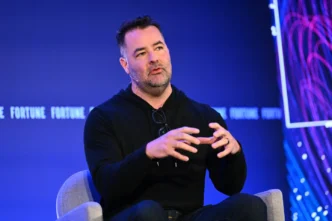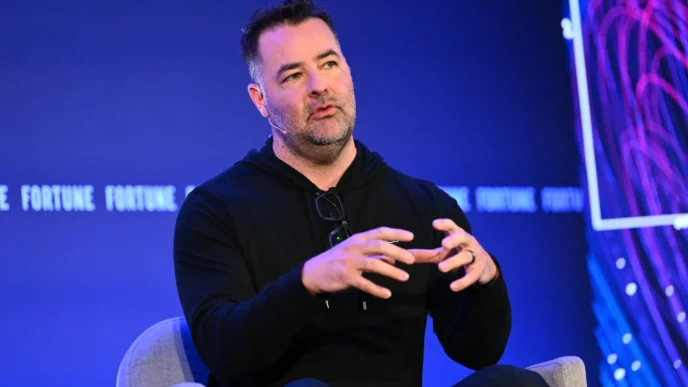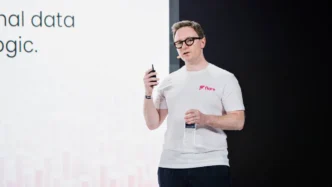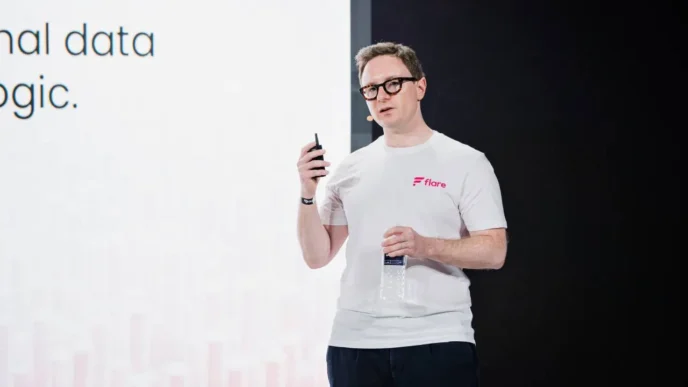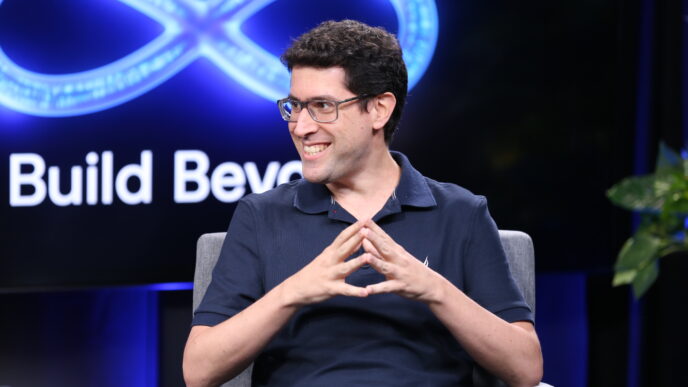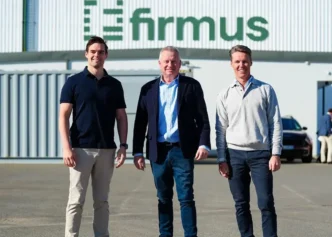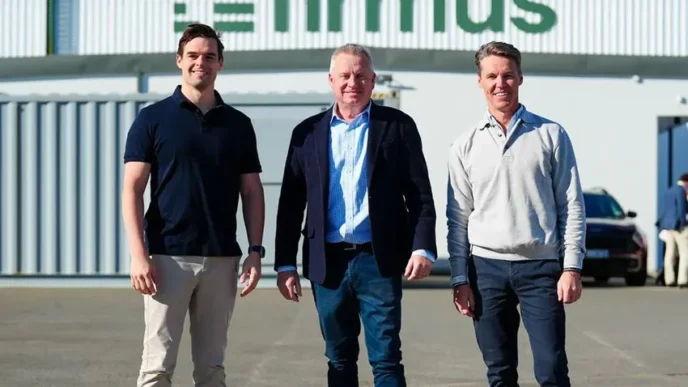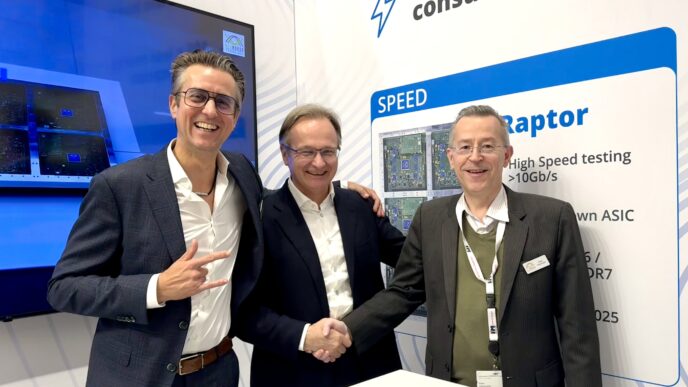Parallel Web Systems has taken a major leap in shaping how AI interacts with the internet, securing a fresh $100 million Series A round. The startup, founded by former Twitter CEO Parag Agrawal, is now valued at $740 million. Backers like Kleiner Perkins, Index Ventures, and Khosla Ventures are betting big on the future of AI-driven web access.
The new investment will push Parallel into its next stage of growth. The company plans to scale its search and data infrastructure and bring more enterprises onto its platform. Although it launched publicly only in August 2025, the company has been building toward this moment since 2023. This latest round follows a $30 million raise in early 2024, showing how quickly the startup has become a key player in the AI tooling ecosystem.
Parallel Web Systems isn’t trying to reinvent search for humans. Instead, it’s building an internet layer designed entirely for AI agents. These systems don’t scroll, click, or skim like people do. They need structured, real-time data they can use immediately. Parallel delivers that through APIs that allow AI agents to search the live web, pull fresh information, and merge it with internal company data.
Many companies already rely on Parallel’s tools. Some use them to assist AI models in writing code. Others use them to analyze sales pipelines or evaluate risk for insurance products. In every case, the AI works better when fed with up-to-date, machine-ready information, something traditional search engines were never built to support.
Parallel also changes how information is delivered. Instead of returning long lists of links or human-readable pages, it provides optimized content “tokens” that drop directly into an AI model’s context window. This format cuts down errors, reduces compute costs, and gives AI systems accurate results they can act on without extra processing.
But a major roadblock stands ahead: more of the web is moving behind paywalls and login screens. Publishers are tightening access as AI scraping grows, and Agrawal believes this trend threatens the future of open information. If AI agents can’t reach the content they need, the entire ecosystem becomes less useful.
To fix this, Parallel wants to introduce a new economic model for the web, an open market where publishers are compensated when their content is accessed by AI systems. This approach could push the industry toward a structured data economy, one where content owners and AI developers benefit from transparent partnerships rather than scraping battles.
The company believes that the next era of the internet will need infrastructure built for AI from the ground up. With this new funding, Parallel Web Systems is moving fast to make that future real.


